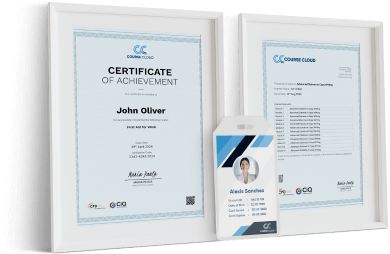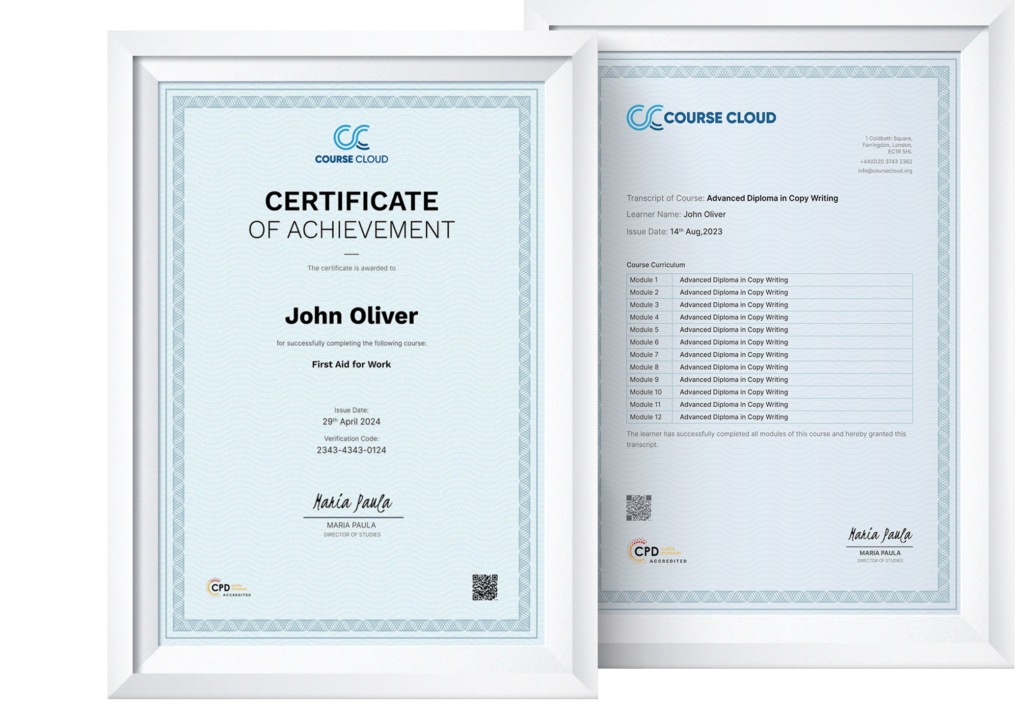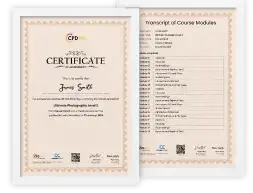Welcome to
Course Cloud
the best place for online learning!
Log In
Sign Up
Don’t have an account yet? Sign Up
Commercial Management
Commercial management plays a crucial role in driving business success, managing finances, and strengthening relationships with partners and customers. The Commercial Management Course provides a structured understanding of financial planning, risk assessment, contract negotiation, and customer relationship management (CRM).
8 enrolled on this course
( 50% Off Limited Time )

This Course Includes
- 16 Units
- 1 Year Access
- 6 hours, 39 minutes
- Intermediate
- Accredited Certificate






Frequently asked questions
Can’t find the anwser you’re looking for ? Reach out to customer support team.
A commercial manager is responsible for overseeing financial planning, contract negotiations, risk management, and customer relationships to ensure a company remains profitable and competitive. They develop business strategies, manage budgets, and drive commercial growth.
Commercial management focuses on financial planning, contract handling, and customer relations to drive business success. Project management, on the other hand, focuses on planning, executing, and completing specific projects within deadlines and budgets. A commercial manager ensures profitability, while a project manager ensures project completion.
A commercial management approach involves strategic planning, financial oversight, risk mitigation, and contract negotiation to drive revenue growth. It ensures that a business maximizes profitability, efficiency, and compliance with regulations.
A commercial management system is a framework or software used to oversee contracts, budgets, cash flow, risk management, and business strategies. It helps organizations track performance, manage commercial agreements, and optimize financial operations.
An example of commercial management is negotiating a supplier contract to secure better pricing and payment terms, ensuring cost savings and improved profitability while managing financial risks.
A Commercial Content Management System (CMS) is a digital platform used by businesses to manage, store, and distribute content efficiently. It helps organizations automate workflows, organize commercial data, and optimize customer interactions.
The key processes of commercial management include financial planning, contract management, risk assessment, stakeholder engagement, business negotiation, and customer relationship management. These processes ensure profitability and long-term business sustainability.
Commercial strategy refers to a company’s approach to generating revenue, managing risks, and maintaining market competitiveness. It includes pricing strategies, partnership development, financial forecasting, and customer acquisition plans.
A commercial director is responsible for overseeing the financial and strategic direction of a company. They manage commercial risks, develop key business relationships, and ensure financial targets are met.
Yes, a project manager can transition into a commercial manager role by gaining expertise in financial management, contract negotiations, and strategic planning. Many project managers advance into commercial roles by developing business acumen and leadership skills.
Commercial project management involves overseeing business projects while ensuring financial viability and risk control. It integrates project execution with financial forecasting, contract negotiation, and commercial planning.
A general manager oversees overall business operations and team performance, while a commercial manager focuses specifically on financial management, contracts, sales, and risk assessment.
Commercial management refers to the process of overseeing financial operations, contracts, business development, and strategic decision-making to drive profitability and growth.
A commercial manager may also be referred to as a Business Development Manager, Commercial Director, or Revenue Manager, depending on the organization’s structure.
The average salary for a commercial manager in the UK ranges between £45,000 and £100,000 per year, depending on industry, experience, and company size.


 Get Accredited Certificate
Get Accredited Certificate



 ALL COURSES FOR
£49
ALL COURSES FOR
£49

